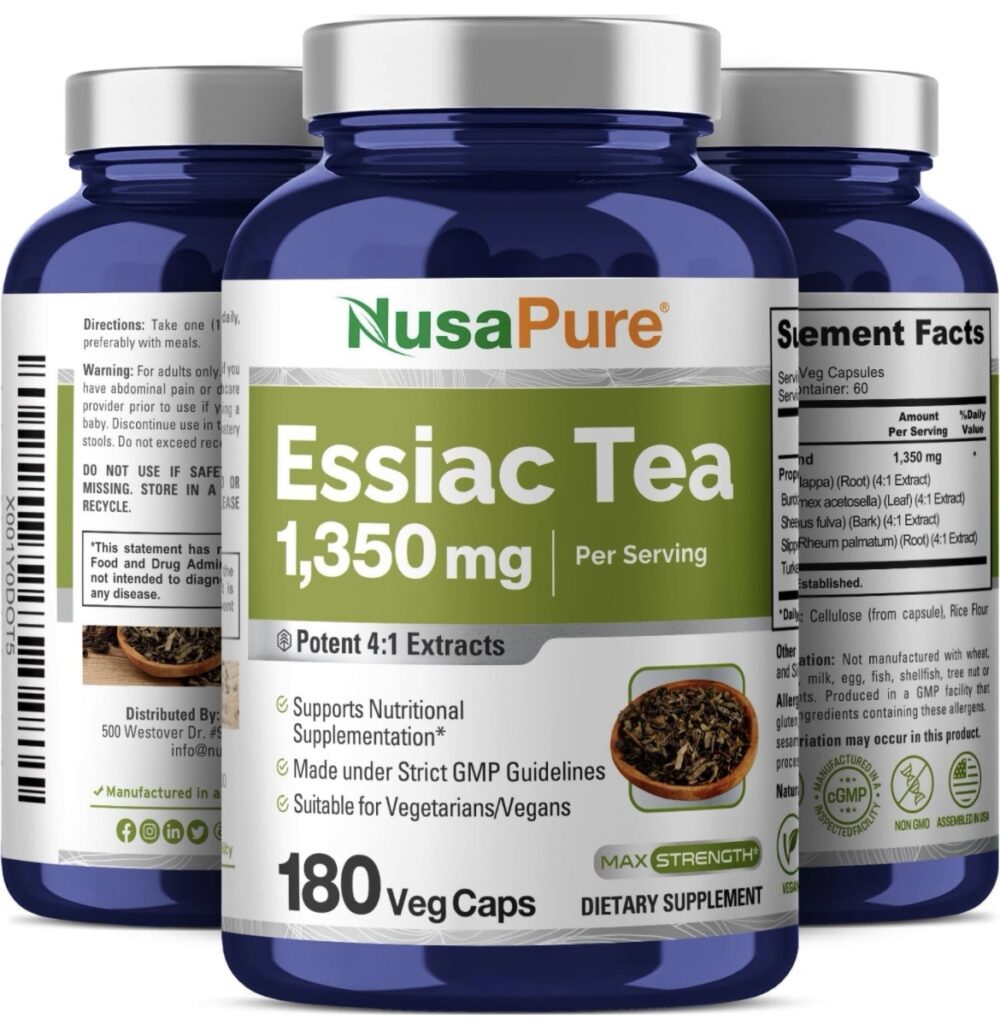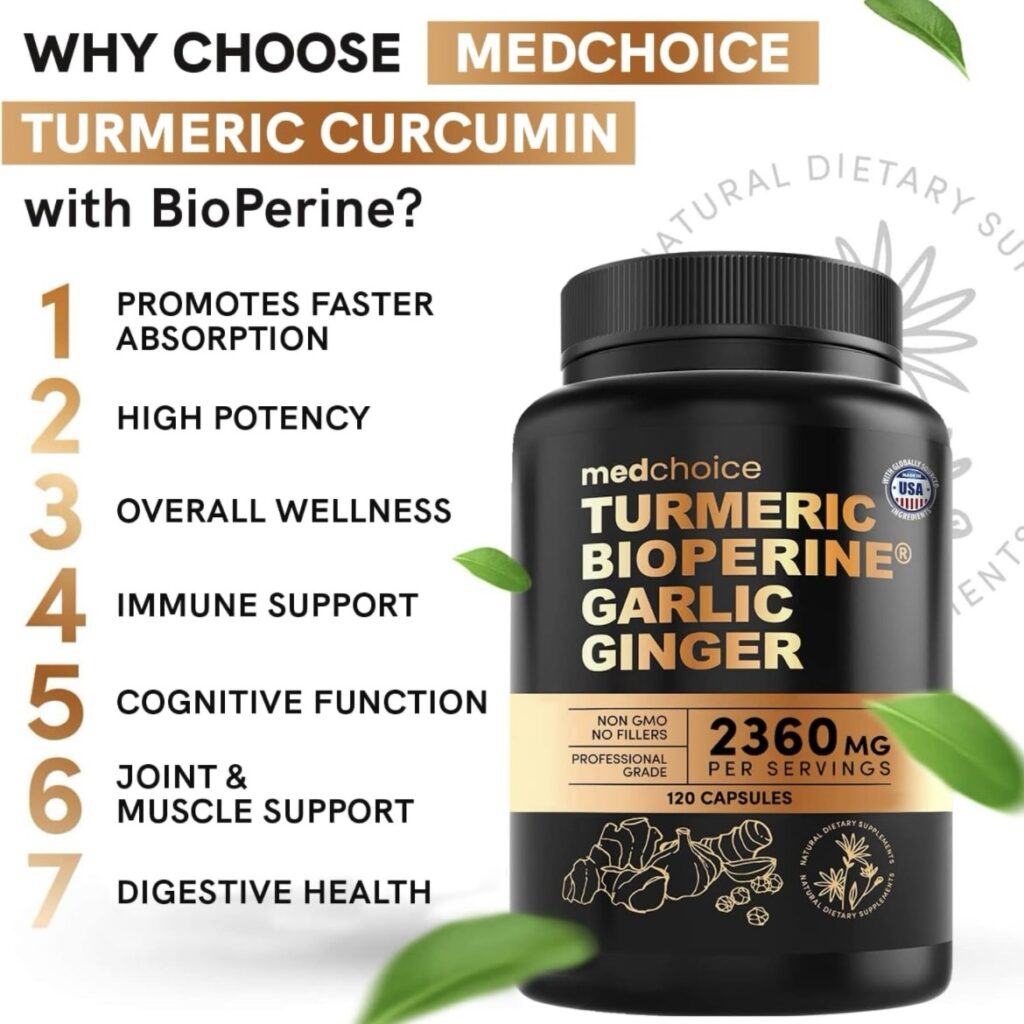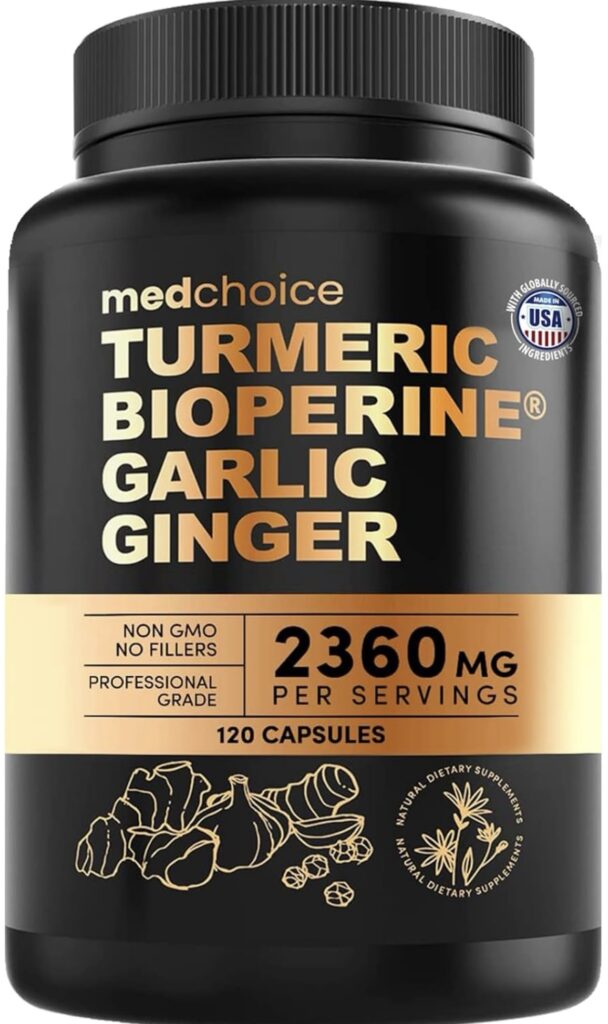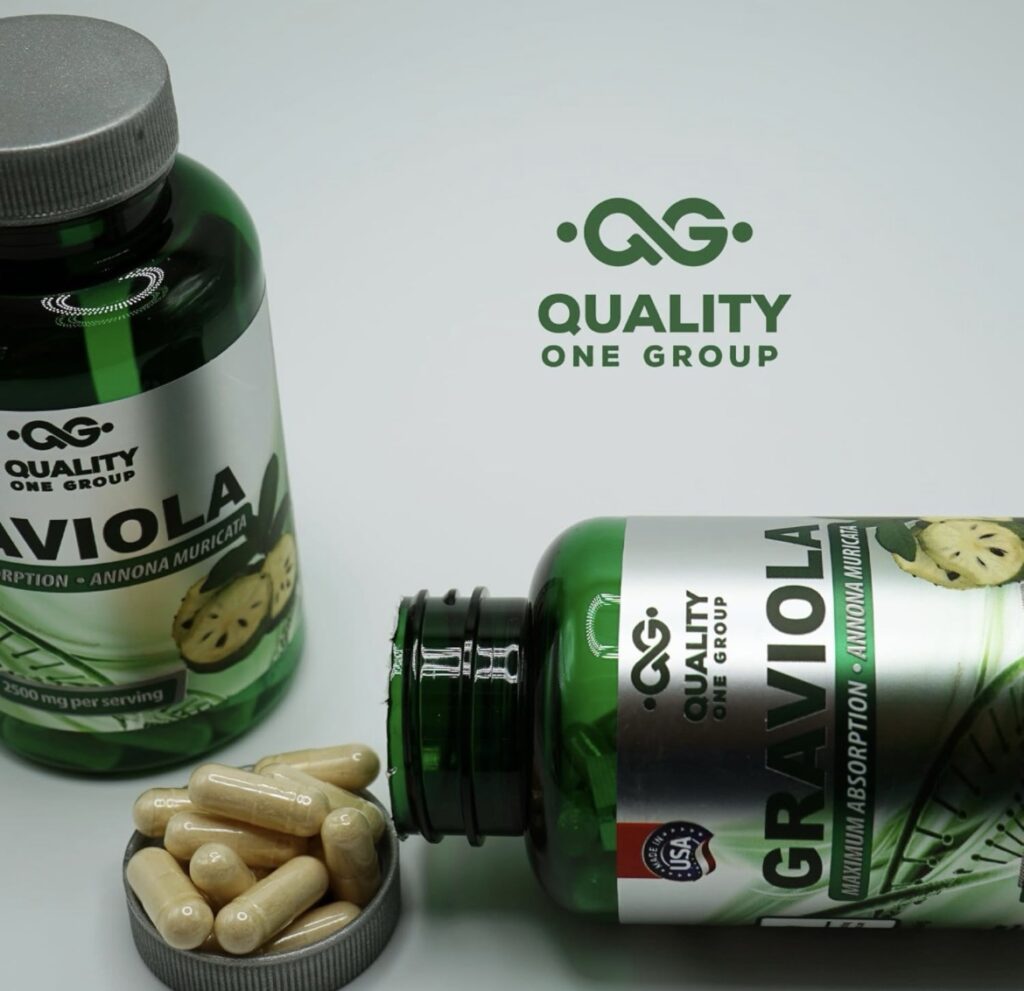
The Rise of Natural Remedies in Cancer Treatment
As someone who has faced the reality of cancer, or perhaps knows someone who has, the idea of natural cures for lymphoma can be both intriguing and comforting. The growing interest in natural remedies isn’t surprising—many people are looking for ways to complement traditional cancer treatments with something that feels more holistic, more in tune with the body’s natural healing processes. But while it’s natural to seek hope in these treatments, it’s also important to approach them with both optimism and caution.
Over the years, there has been a surge in the use of natural remedies for various health conditions, including cancer. Herbal supplements, dietary changes, and holistic practices are just a few of the approaches people consider when looking for alternative ways to support their health. For some, these natural remedies provide a sense of control, a way to actively participate in their own healing process.
However, it’s crucial to remember that while natural remedies can offer support, they should not be seen as replacements for conventional treatments like chemotherapy or radiation. Instead, they can be part of a comprehensive approach to cancer care, working alongside traditional methods to enhance overall well-being.
In this article, we’ll explore some of the most talked-about natural cures for lymphoma, examining the evidence behind them, and discussing how they might fit into a broader treatment plan. Whether you’re considering supplements like Essiac Tea, Turmeric Curcumin, or Graviola, it’s essential to stay informed and consult with healthcare professionals every step of the way.

What Are Natural Cures for Lymphoma?
When discussing natural cures for lymphoma, it’s important to clarify what we mean by “natural cures.” In this context, natural cures refer to remedies derived from plants, herbs, dietary changes, and holistic practices that are believed to help support the body’s ability to fight cancer. These treatments are often used as complementary therapies alongside conventional methods like chemotherapy or radiation.
For those living with lymphoma, the idea of using natural remedies can be appealing. There’s a sense of empowerment in being able to incorporate these approaches into daily life, whether through supplements, specific diets, or lifestyle changes. Some of the most commonly explored natural remedies include:
1. Herbal Supplements:
Herbs like Essiac Tea have been used for decades by those seeking alternative cancer treatments. Essiac Tea is a blend of several herbs believed to support immune function and detoxification. This tea, available in various forms including capsules, has become a popular choice among those looking to complement their lymphoma treatment with a natural approach. The NusaPure Essiac Tea Capsules provide a convenient way to incorporate this remedy into your daily routine.
2. Dietary Changes:
Adopting a diet rich in anti-inflammatory foods, such as turmeric and garlic, is another common natural approach. These foods are known for their potential to support the immune system and reduce inflammation, which can be particularly beneficial for those undergoing cancer treatment. Supplements like the 4-in-1 Turmeric and Garlic Capsules can help ensure you’re getting these powerful nutrients in your diet.
3. Holistic Practices:
Holistic treatments like acupuncture, meditation, and yoga are often used to complement medical treatments. These practices focus on the mind-body connection and can help reduce stress, improve emotional well-being, and enhance the body’s overall healing process. While not directly targeting cancer cells, they can play a significant role in maintaining a positive outlook and reducing the side effects of conventional treatments.
It’s important to note that while these natural remedies can offer support and relief, they are not a substitute for medical treatments prescribed by your doctor. Always consult with a healthcare professional before incorporating any new supplements or practices into your routine, especially when dealing with a serious condition like lymphoma.

Are Natural Cures for Lymphoma Effective?
The question of whether natural cures for lymphoma are effective is complex and often debated. As someone exploring these options, it’s important to approach them with both hope and a healthy dose of realism. While there’s some promising evidence that certain natural remedies may offer support, it’s crucial to understand that they are not a standalone cure for lymphoma.
Scientific Evidence and Anecdotal Reports: Research on natural cures for lymphoma is still in its early stages, and much of the evidence is either anecdotal or based on preliminary studies. For instance, some studies suggest that certain natural compounds found in plants like turmeric, garlic, and graviola (soursop) may have anti-cancer properties. These compounds have shown potential in lab settings for slowing the growth of cancer cells or supporting the immune system. However, it’s important to remember that what works in a petri dish doesn’t always translate to success in the human body.
Essiac Tea, for example, is a well-known herbal remedy that has been used by cancer patients for decades. Its blend of herbs, including burdock root, sheep sorrel, and slippery elm, is believed to support the body’s natural detoxification processes and strengthen the immune system. Some individuals with lymphoma have reported positive experiences when incorporating Essiac Tea into their treatment plans. The NusaPure Essiac Tea Capsules offer a convenient way to try this remedy, but it’s essential to use it as a complementary therapy rather than a primary treatment.
The Role of Natural Supplements: Another popular supplement is turmeric, specifically its active compound, curcumin, which has been widely studied for its anti-inflammatory and antioxidant effects. Curcumin is believed to help reduce inflammation in the body, which can be beneficial for those undergoing cancer treatment. While it may not cure lymphoma, it could potentially help in managing symptoms and improving quality of life. The 4-in-1 Turmeric and Garlic Capsules are a great option for those looking to incorporate turmeric into their diet.
Graviola, or soursop, has also gained attention in the natural health community for its potential anti-cancer properties. Some studies suggest that graviola extract may inhibit the growth of cancer cells, though more research is needed to confirm its effectiveness in humans. For those interested in exploring this supplement, GRAVIOLA MAX Pure Graviola Extract is one option available, but again, it’s crucial to view it as a supplement to conventional treatments, not a replacement.
A Balanced Approach: While there is some evidence to support the use of natural remedies in managing lymphoma, it’s important to keep expectations realistic. These remedies may offer support and potentially improve well-being, but they should always be used alongside conventional medical treatments, under the guidance of a healthcare provider. Combining natural therapies with traditional treatments can create a more holistic approach, addressing both the physical and emotional aspects of living with lymphoma.
In summary, while natural cures for lymphoma can be a valuable addition to your treatment plan, they are not a miracle cure. Maintaining open communication with your medical team and staying informed about the latest research are key to making the best decisions for your health.

The Role of Diet and Supplements in Supporting Lymphoma Treatment
When navigating a lymphoma diagnosis, many people turn to diet and supplements as part of their overall treatment plan. While diet alone can’t cure lymphoma, what we eat—and the supplements we take—can play a significant role in supporting our bodies through the challenges of cancer and its treatment. I’ve found that making mindful choices about my diet and including certain supplements has helped me feel more in control of my health during this journey.
1. Anti-Inflammatory Diet: Inflammation is a common issue for those dealing with lymphoma, and many of the symptoms and side effects of treatment can be exacerbated by an inflammatory diet. I’ve learned that incorporating anti-inflammatory foods, like turmeric and garlic, can make a noticeable difference. Turmeric, with its active compound curcumin, is particularly praised for its anti-inflammatory properties. While I try to include turmeric in my cooking, I’ve also found supplements to be an effective way to ensure I’m getting a therapeutic dose. The 4-in-1 Turmeric and Garlic Capsules have been a convenient addition to my daily routine, offering the combined benefits of turmeric and garlic in supporting joint health, digestion, and the immune system.
2. Immune-Boosting Foods: Supporting the immune system is crucial when dealing with lymphoma. While traditional treatments like chemotherapy can take a toll on the body’s defenses, certain foods and supplements may help to bolster the immune response. Graviola, also known as soursop, is one such supplement that’s caught the attention of many in the natural health community. Although more research is needed, some studies suggest that graviola might have properties that support the immune system and could help in managing cancer symptoms. I’ve been incorporating GRAVIOLA MAX Pure Graviola Extract as a part of my supplement regimen, but always with the understanding that it’s a complementary approach, not a cure.
3. Maintaining Nutritional Balance: Cancer treatments can often lead to changes in appetite and nutritional deficiencies. Ensuring that I maintain a balanced diet, rich in fruits, vegetables, lean proteins, and whole grains, has been essential. Alongside this, I’ve chosen supplements that provide additional nutritional support, particularly when treatment side effects make it difficult to eat a well-rounded diet. For those like me who are exploring natural supplements, it’s crucial to do so under the guidance of a healthcare provider, to avoid any potential interactions with conventional treatments.
4. Hydration and Detoxification: Staying hydrated is another key aspect of supporting the body during lymphoma treatment. Water helps with detoxification and can alleviate some of the side effects of treatment. Additionally, herbal teas like Essiac Tea are often used by those looking to support the body’s natural detoxification processes. Essiac Tea, made from a blend of herbs, is believed to promote overall wellness and immune function. I’ve found the NusaPure Essiac Tea Capsules to be a practical way to incorporate this traditional remedy into my routine.
By focusing on an anti-inflammatory diet, immune-boosting foods, and careful supplementation, I’ve been able to support my body through lymphoma treatment. While these natural approaches offer valuable support, they should always be used in conjunction with conventional medical care. Consulting with a healthcare provider ensures that any dietary or supplement changes align with the overall treatment plan, providing the best possible outcome.

Graviola and Its Potential as a Natural Cure for Lymphoma
Graviola, also known as soursop, has garnered significant attention in the natural health community for its potential as a natural cure for lymphoma. This tropical fruit, native to Central and South America, has been used traditionally for a variety of ailments, but its possible anti-cancer properties are what have sparked interest among those exploring alternative therapies.
1. What Is Graviola? Graviola (Annona muricata) is a green, spiky fruit that has been used in traditional medicine for centuries. The fruit, leaves, and stems of the graviola plant contain various bioactive compounds, particularly acetogenins, which have shown promise in laboratory studies for their potential anti-cancer effects. These compounds are believed to inhibit the growth of cancer cells by blocking energy production within the cells, leading to their death. However, while these findings are encouraging, it’s important to remember that most of the research has been conducted in vitro (in lab dishes) or in animal studies, not in humans.
2. The Role of Graviola in Cancer Treatment: The potential of graviola as part of a natural cure for lymphoma is still being explored. Some studies suggest that graviola extract might help slow the growth of cancer cells, reduce inflammation, and support the immune system. For those of us who are battling lymphoma, the idea of using graviola as a complementary treatment is appealing. It represents a natural option that could potentially enhance the effectiveness of conventional treatments like chemotherapy or radiation.
3. My Experience with Graviola Supplements: Personally, I’ve chosen to incorporate graviola into my supplement routine as a way to support my overall health during lymphoma treatment. I use GRAVIOLA MAX Pure Graviola Extract, a supplement that provides a concentrated dose of graviola in an easy-to-take capsule form. While I’m careful not to view it as a cure, I’ve found that graviola, along with other natural supplements, has helped me feel more proactive in managing my health.
4. The Importance of Consulting with Healthcare Providers: Before starting any new supplement, including graviola, it’s crucial to consult with your healthcare provider. This is especially important for those undergoing conventional cancer treatments, as natural supplements can sometimes interact with medications or therapies. My doctor was supportive of my decision to include graviola as part of my holistic approach to treatment, but we also made sure it wouldn’t interfere with my prescribed treatment plan.
5. Keeping a Balanced Perspective: While the potential benefits of graviola are intriguing, it’s important to maintain a balanced perspective. Natural remedies like graviola can be a valuable part of a comprehensive treatment plan, but they should not replace conventional therapies. The key is to use these natural options as complementary therapies that support the body and potentially enhance the effectiveness of standard cancer treatments.
Graviola offers hope as a natural supplement that may support those with lymphoma, but it’s essential to approach it with both optimism and caution. Ongoing research and careful use in consultation with healthcare providers are vital to safely incorporating graviola into a treatment plan.

Combining Natural Remedies with Conventional Treatments
When faced with a lymphoma diagnosis, the prospect of combining natural remedies with conventional treatments can be both appealing and overwhelming. I’ve found that taking a balanced approach—one that integrates the strengths of both natural and conventional therapies—has been key to managing my condition. However, it’s crucial to approach this strategy thoughtfully and with the guidance of healthcare professionals.
1. Complementary, Not Alternative: One of the most important things I’ve learned is that natural remedies should be seen as complementary to conventional treatments, not as alternatives. Conventional treatments like chemotherapy, radiation, and immunotherapy are evidence-based and have been shown to be effective in treating lymphoma. Natural remedies, on the other hand, can help support the body through these treatments, potentially alleviating side effects, boosting the immune system, and improving overall well-being.
For example, while using Essiac Tea Capsules to support detoxification, I continue to follow my doctor’s prescribed chemotherapy regimen. The tea helps me feel more in control of my health, but I rely on the chemotherapy to target the cancer cells directly.
2. The Role of Communication: Open communication with your healthcare team is critical when incorporating natural remedies into your treatment plan. I’ve made it a point to discuss all supplements and dietary changes with my oncologist to ensure that they don’t interfere with my conventional treatments. This dialogue has allowed me to safely integrate supplements like Turmeric and Garlic Capsules into my routine, which I believe have supported my immune system and reduced inflammation during chemotherapy.
3. Monitoring and Adjusting: Another key aspect of combining natural and conventional treatments is regular monitoring and adjustment. Throughout my treatment, I’ve kept track of how I’m feeling, noting any changes or side effects that might be related to the supplements I’m taking. This has been invaluable in working with my healthcare team to adjust dosages or make other changes as needed.
For instance, when I started taking GRAVIOLA MAX Pure Graviola Extract, I monitored for any new symptoms or side effects. My doctor appreciated this approach, as it ensured that we could quickly address any issues that might arise, making the use of graviola as safe as possible.
4. The Psychological Benefits: Beyond the physical benefits, integrating natural remedies has provided psychological comfort. It’s empowering to feel that I’m doing everything I can to support my body through this challenging time. The simple act of taking a supplement or making a dietary change can provide a sense of agency in a situation that often feels out of my control.
5. The Holistic Approach: Combining natural remedies with conventional treatments is ultimately about adopting a holistic approach to health. It’s not just about fighting the disease, but also about caring for the whole person—mind, body, and spirit. Natural remedies like herbal supplements, a healthy diet, and practices like meditation or yoga can help create a comprehensive treatment plan that addresses all aspects of well-being.
In conclusion, while natural remedies for lymphoma can offer valuable support, they should always be used in conjunction with, not in place of, conventional treatments. By working closely with healthcare providers and maintaining a balanced, informed approach, it’s possible to create a treatment plan that maximizes the benefits of both natural and conventional therapies.

Staying Optimistic While Managing Expectations
As I’ve journeyed through my lymphoma treatment, one of the most important lessons I’ve learned is the need to balance optimism with realistic expectations. It’s natural to hope for the best, especially when exploring natural cures for lymphoma, but it’s equally important to stay grounded in the reality of what these remedies can and cannot do.
1. The Power of Hope: Hope is a powerful force in the fight against cancer. The idea that a natural remedy might offer some relief or support can be incredibly uplifting. For me, knowing that supplements like Essiac Tea Capsules and Turmeric and Garlic Capsules could potentially support my body’s defenses has given me a sense of hope and a proactive role in my treatment. This optimism has been essential in maintaining a positive mindset, which is crucial during the ups and downs of cancer treatment.
2. Understanding the Limitations: However, it’s vital to approach natural cures with a clear understanding of their limitations. While natural remedies can offer supportive benefits, they are not a guaranteed cure. I’ve had to remind myself that supplements like GRAVIOLA MAX Pure Graviola Extract are part of a broader strategy to enhance my well-being, not a replacement for the evidence-based treatments prescribed by my oncologist. Keeping this perspective has helped me avoid the disappointment that can come from unrealistic expectations.
3. Focusing on Overall Wellness: Rather than seeking a miracle cure, I’ve focused on how natural remedies can contribute to my overall wellness. This means paying attention to my diet, staying hydrated, practicing stress-relief techniques, and using natural supplements to support my body through the rigors of chemotherapy and radiation. By viewing these natural approaches as part of a holistic wellness plan, I’ve been able to stay optimistic without placing all my hopes on a single remedy.
4. The Role of Faith and Support: Throughout this journey, my faith and the support of my loved ones have been invaluable. Staying connected to a community that encourages me and shares my commitment to both natural and conventional treatments has made a huge difference. It’s easier to maintain a balanced perspective when surrounded by others who understand the importance of combining hope with realism.
5. Continuing to Explore and Learn: Finally, I’ve found that staying informed and open to new information is key. Research in natural remedies is ongoing, and new findings could change how we approach these treatments in the future. By continuing to explore and learn, with the guidance of my healthcare team, I’m able to stay engaged in my treatment while managing my expectations.
In conclusion, while natural cures for lymphoma offer a sense of hope and empowerment, they must be approached with a balanced mindset. Optimism is important, but so is understanding the role these remedies play within a comprehensive treatment plan. By focusing on overall wellness, staying informed, and maintaining realistic expectations, it’s possible to navigate this journey with both hope and wisdom.
As an Amazon Associate we earn from qualifying purchases through some links in our articles.




